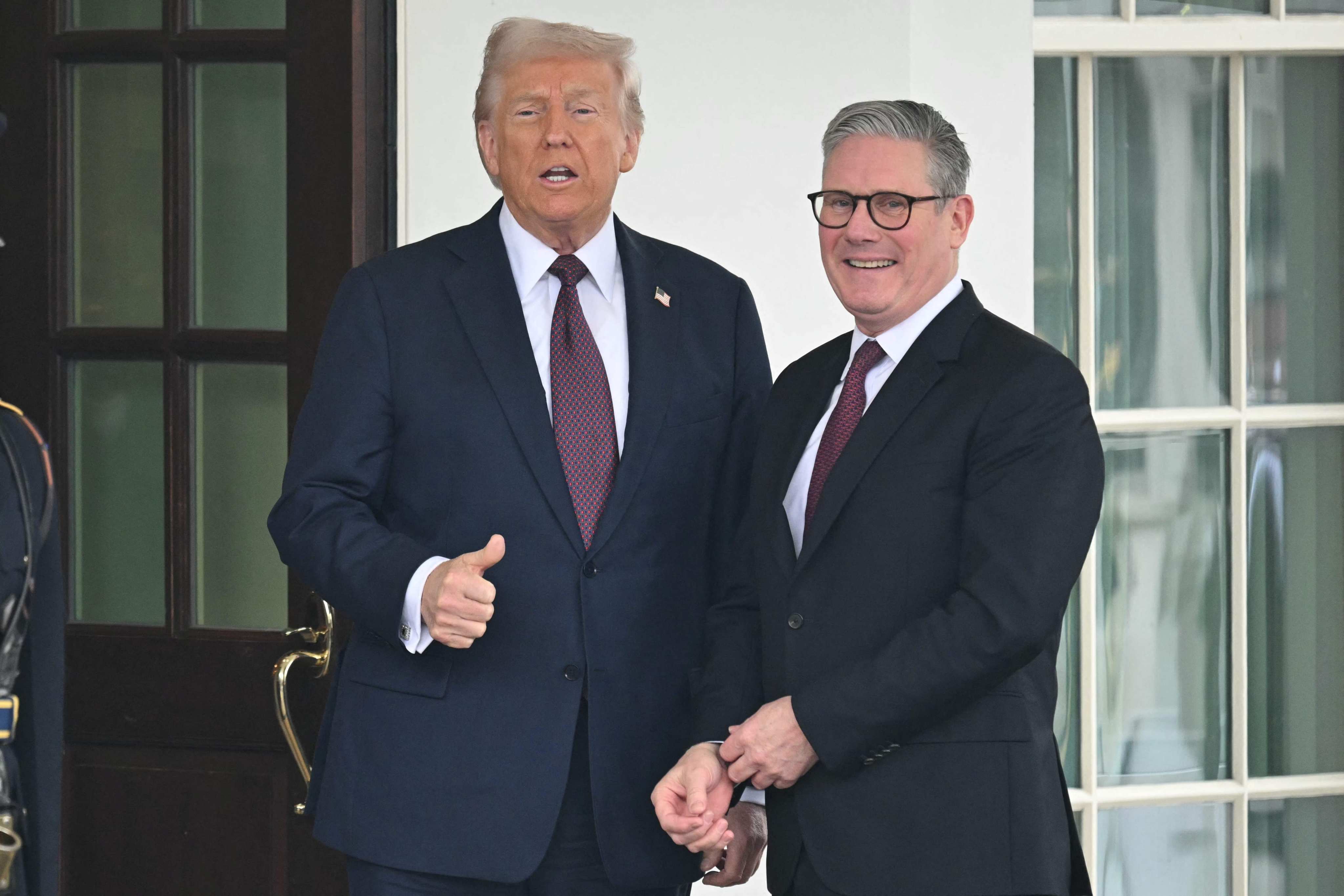Britain has capitulated to Trump’s coercive trade. Others must resist
The EU, Japan, China and other powers need to draw a line. To concede is to legitimise a coercive trading model where strength trumps fairness

The UK-US trade deal, trumpeted by President Donald Trump as a grand achievement, is no triumph of statecraft. It is a hollow spectacle, political theatre masquerading as economic progress.
For Britain, it lays bare the perils of negotiating from weakness. For other major economies – the European Union, Japan or China – it stands as a cautionary tale. They must heed Britain’s experience: strength, not desperation, must define their approach; substance, not optics, must be their demand.
Strip away the bombast, and the deal reveals itself as lopsided. Britain receives some relief on tariffs on cars and steel, and secures modest access to US markets for agricultural goods but at a steep cost: acquiescence to stringent American standards that threaten to undercut its own producers.
Meanwhile, a 10 per cent tariff persists on most British exports, still higher than a few months ago. In return, the US gains expansive entry into British markets – pharmaceuticals, technology services – offering little in meaningful reciprocity. The UK government said the deal was needed to save up to 150,000 jobs. This is not the art of the deal – it is a strategic capitulation.
But Britain is vulnerable – born of post-Brexit isolation. Having cast off the EU, the country drifts economically, burdened by a shrinking economy and rising unemployment.
Prime Minister Keir Starmer, not even a year into his premiership and besieged by domestic discontent, needed a positive headline besides his leadership on Ukraine. Trump, ever the showman, handed him one. But this deal serves Washington’s optics far more than Westminster’s interests. It is a trophy for Trump, a bauble for Starmer and a burden for the British people.

Trump’s trade philosophy is unapologetically “America first”, a doctrine that views global commerce as a zero-sum contest. Reciprocity is an afterthought; substance, a nuisance. For him, the UK deal is not about shared prosperity but dominance. By extracting concessions from a weakened ally, he sends a message: America will set the terms, and others will bend. Britain, desperate and diminished, had little choice.
The question is whether others will follow suit, or learn from the lesson.
The EU, Japan, China and other major players must take note. But unlike Britain, they wield more leverage. The EU, with its 400-million-strong market has the purchasing power – with Germany at the helm – and regulatory might – from the General Data Protection Regulation to climate standards – to shape global commerce. Japan, a technological powerhouse and Indo-Pacific linchpin, brings strategic weight to the table. And China, despite tensions with Washington, commands a manufacturing base and consumer market no country can ignore or match.
None of them must settle for agreements that elevate Trump’s agenda over their long-term interests. Any deal skewed towards American priorities would erode their sovereignty and bind them to terms favourable to Washington for decades.
The EU cannot afford to exchange market access for hollow promises. Japan must not barter innovation for unbalanced tariffs. And China – for which a Swiss-brokered detente led to a temporary agreement to slash tariffs – must recognise this for what it is: a reprieve. The 90-day ceasefire may calm markets but underlying structural rifts remain intact.
Trump’s message remains unchanged: terms are set in Washington, not negotiated in good faith. Beijing must view this pause not as peace but strategic positioning. It should leverage its economic and geopolitical power to demand substance, not mere optics. This is all the more crucial as Trump’s administration, having shown a lack of good faith with its allies, is likely to intensify efforts to undermine its primary adversary.
Britain’s experience shows a bad deal can be worse than no deal at all. It locks nations into asymmetry, weakens their competitiveness and emboldens stronger parties. It hints at a broader trend – a shift away from the multilateral system that has governed global trade since the post-war era, towards a Darwinian system in which might dictates terms.
It is eerily reminiscent of the unequal treaties of the 19th century, when imperial powers carved up weaker nations, or the Nafta renegotiation with Canada and Mexico, where a first-term Trump’s leverage tilted the scales. This deal is a step in that direction, a bilateral bludgeon dressed up as partnership.
Britain blinked. Others must not. To concede is to legitimise a coercive trading model where strength trumps fairness. The rules-based system – flawed but essential – cannot survive a chain of capitulations. The EU, Japan and China possess the leverage, size and strategic depth to resist. But resistance must be more than rhetoric – it must be policy.
The UK-US trade deal is a glimpse into a future where power eclipses principle and the rituals of diplomacy mask coercion. If the world’s major powers fail to draw a line, they risk sanctifying a model in which trade is no longer governed by law, but by leverage. They face a choice: assert their strategic weight now or negotiate from a position of diminished sovereignty later.
The choice is not simply between good and bad deals, but between two visions of global trade: one rooted in rules and reciprocity, the other in raw power. If the EU, Japan and China capitulate, they will not just embolden a transactional America – they will help usher in a world where coercion replaces cooperation.
That world is not hypothetical. It has knocked on Britain’s door. Others must not answer.